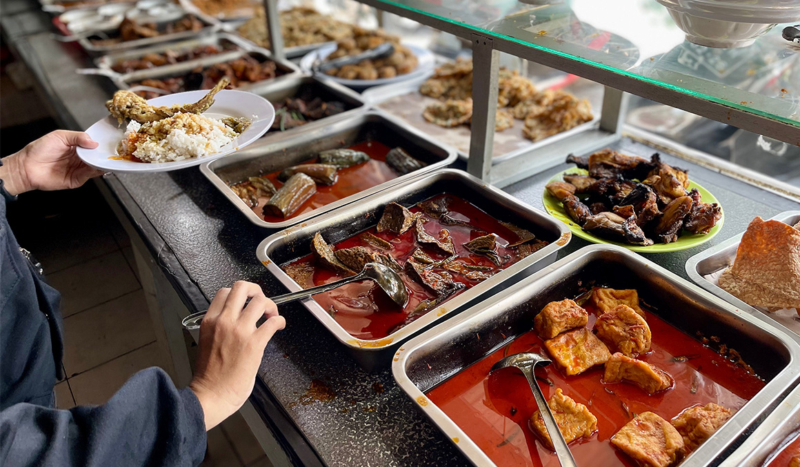
Adobe Stock
CV NEWS FEED // Indonesia began an innovative meal program Monday that provides free healthy food for children and pregnant women.
The Free Nutritious Meal program was a campaign promise of President Prabowo Subianto, who was elected last year. He proposed the measure to counter malnutrition and to raise the income of farmers, Reuters reported.
The program’s goal is to help 82.9 million people by 2029. It aims to aid 15 million people in 2025, costing approximately 71 trillion rupiah ($4.38 billion.)
Hana Yohana, who has a child in first grade, lauded the program after its launch.
“Thank God, this helps us,” she said. “We normally had to work hard preparing food every morning, and now we don’t.”
Critics have said the program is overly ambitious, with economists estimating that it will cost $28 billion over five years, denting “Indonesia’s hard-won reputation for fiscal prudence,” according to Reuters.
Jakarta Globe reported that Presidential Communication Office Spokesperson Philips J. Vermonte explained the benefits of the program.
“For the first time in the history of independent Indonesia, a universal government-subsidized program will provide millions of our students with rich, nutritious meals, processed with high standards of hygiene, ready to be served to children in schools across the largest archipelagic nation in the world,” Vermonte said.
The Nutritious Meals Program is a project of the country’s National Nutrition Agency, with support from the international groups School Meals Coalition and the Milan Urban Food Policy Pact (MUFPP). The program will ensure that school children can eat high-quality, balanced meals made with fresh, local ingredients. It will also provide meal planning and nutritional education to the local community.
Jakarta Globe adds, “Local partnerships will help manage food waste in collaboration with local environmental protection offices and sustainable agricultural sources, empowering local farmers.”
Vermonte said the country wants to serve nutrient-rich meals to 80 million children, which would support the United Nations’ sustainable development goal of serving meals at schools to all children by 2030.
“This is not an impossible mission,” he concluded. “It’s the first giant step toward Golden Indonesia 2045, when we aim to become one of the world’s top 10 economies, most stable democracies, and a leader in the Global South.”

